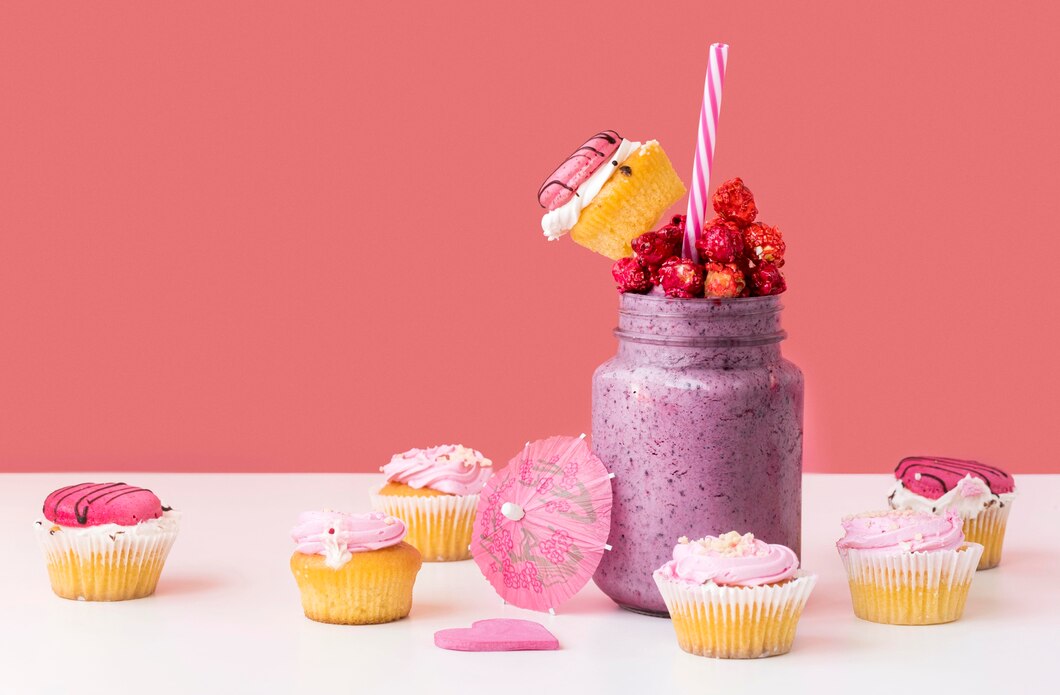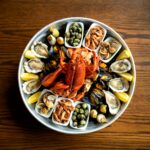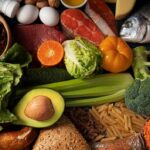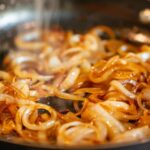Maintaining optimal vision requires a balanced diet rich in vitamins and nutrients that support eye health. While many foods are beneficial, some can contribute to poor eye health and increase the risk of conditions such as cataracts, macular degeneration, and dry eyes. Here’s a look at 20 foods South Africans should avoid or limit to protect their vision.
1. Sugary Foods and Drinks
Excessive sugar consumption can lead to diabetes, which is a leading cause of vision problems like diabetic retinopathy. Sugary snacks, soft drinks, and desserts can spike blood sugar levels and damage the blood vessels in your eyes.
2. Fried Foods
Fried foods, especially those made with unhealthy oils, can increase cholesterol levels, leading to clogged blood vessels and poor circulation. Reduced blood flow to the eyes can lead to conditions like glaucoma.
3. Processed Meats
Processed meats, such as sausages, bacon, and cold cuts, are often high in sodium, which can contribute to high blood pressure. Hypertension can damage the blood vessels in the eyes, increasing the risk of vision problems.
4. Margarine
Margarine and other hydrogenated oils contain trans fats, which increase inflammation and oxidative stress in the body. These factors can contribute to eye diseases such as macular degeneration and cataracts.
5. White Bread
White bread and other refined carbohydrates can cause blood sugar levels to spike, which increases the risk of diabetes-related eye conditions. Opt for whole-grain alternatives to promote better eye health.
6. Instant Noodles
Instant noodles are high in sodium and artificial preservatives, which can raise blood pressure and lead to retinal damage. The lack of nutritional value also means they don’t provide the essential nutrients your eyes need.
7. Canned Soups
Canned soups often contain high amounts of sodium, which can lead to water retention and increased pressure in the eyes. Over time, this can contribute to vision problems such as glaucoma.
8. Packaged Snacks (Chips, Crackers)
Most packaged snacks are filled with unhealthy fats, artificial additives, and sodium, which can negatively impact both your overall and eye health. These foods contribute to inflammation and high blood pressure.
9. Commercial Baked Goods
Pastries, cakes, and cookies from commercial bakeries are often loaded with sugar and trans fats. These ingredients promote inflammation and increase the risk of cataracts and other vision problems over time.
10. Artificially Flavored Yogurt
Flavored yogurts often contain high amounts of added sugar and artificial ingredients, which can spike blood sugar levels. Opt for plain yogurt or those sweetened with natural ingredients like fruit.
11. Soda and Energy Drinks
Both soda and energy drinks are high in sugar and caffeine. While caffeine in moderation isn’t harmful, excessive consumption can lead to dehydration, which affects tear production and contributes to dry eyes.
12. Commercial Salad Dressings
Many store-bought salad dressings are filled with unhealthy fats, sugar, and sodium. These can contribute to inflammation and poor circulation, which may affect your vision over time.
13. Fast Food
Fast food meals are often high in trans fats, sodium, and refined carbohydrates. These unhealthy ingredients increase the risk of heart disease and diabetes, both of which can negatively impact eye health.
14. Ice Cream
Ice cream is high in sugar and saturated fats, which can lead to weight gain, diabetes, and increased cholesterol levels. These conditions can cause retinal damage and other eye-related complications.
15. Pizza
While pizza can be delicious, it’s often loaded with sodium, unhealthy fats, and refined carbohydrates. Regular consumption can lead to high blood pressure and poor eye circulation, increasing the risk of vision loss.
16. Processed Cheese
Processed cheese products contain artificial additives and high sodium levels, which can cause high blood pressure and negatively impact the blood vessels in your eyes.
17. Alcohol
Excessive alcohol consumption can dehydrate the body, including the eyes, leading to dry eyes and irritation. Chronic alcohol use can also increase the risk of cataracts and optic nerve damage.
18. High-Fructose Corn Syrup Foods
Foods with high-fructose corn syrup, such as certain breakfast cereals, candy, and sweetened beverages, can lead to insulin resistance and inflammation, both of which can harm your vision over time.
19. Artificial Sweeteners
While artificial sweeteners are often used as sugar substitutes, some research suggests they can affect insulin levels and contribute to conditions like diabetes, which can lead to diabetic retinopathy and vision problems.
20. Condiments (Ketchup, Soy Sauce)
Many condiments are high in sodium and sugar, which can negatively impact blood pressure and blood sugar levels. Over time, these can contribute to eye diseases, especially in individuals with pre-existing conditions.
What to Eat Instead
To maintain optimal vision, it’s essential to include nutrient-rich foods in your diet. Here are some eye-friendly alternatives:
- Leafy greens like spinach and kale, which are rich in lutein and zeaxanthin.
- Fatty fish like salmon and mackerel, which provide essential omega-3 fatty acids.
- Citrus fruits for vitamin C, which supports eye health.
- Eggs for lutein and zeaxanthin.
- Nuts and seeds, which are rich in vitamin E and zinc.
While these foods might be staples in many diets, it’s important to consume them in moderation or replace them with healthier alternatives to protect your vision. A diet rich in nutrients, combined with regular eye check-ups, can help prevent vision loss and keep your eyes healthy for years to come.








